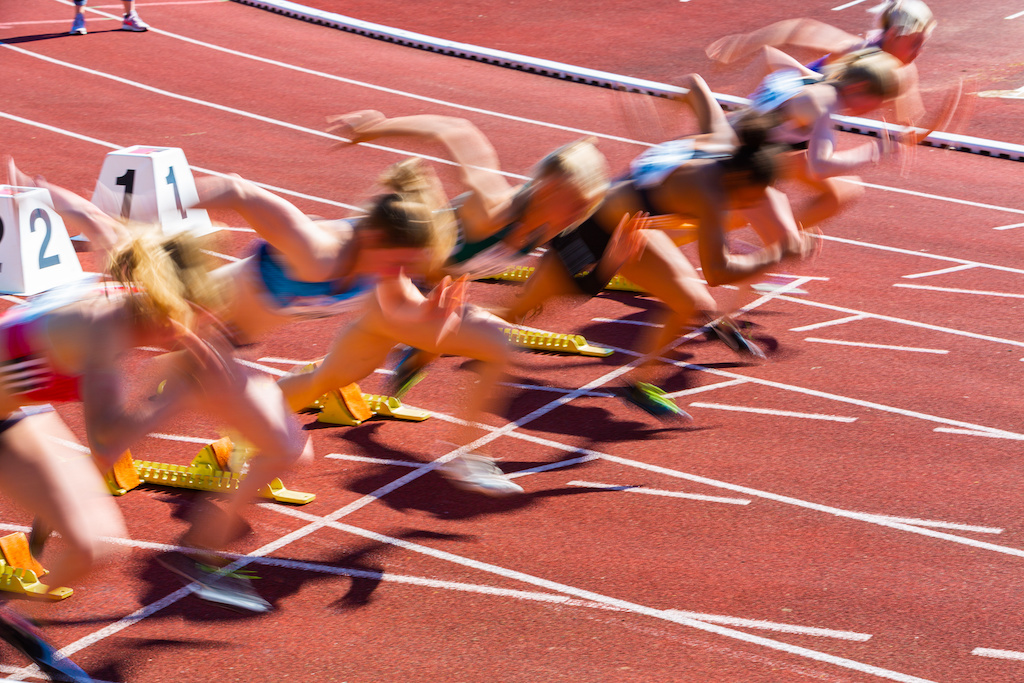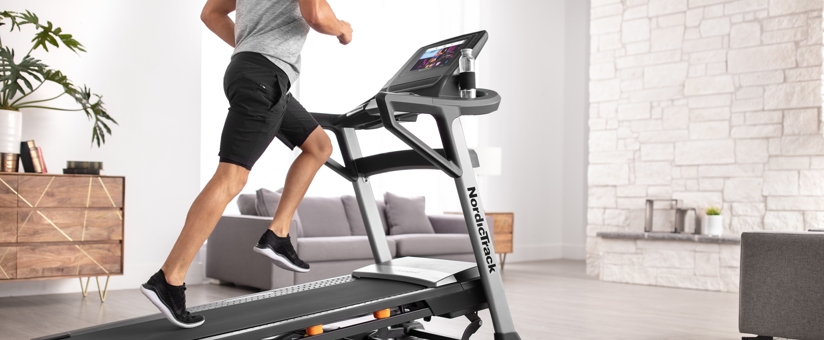Athletics is THE flagship discipline of the Olympic Games. Who are the athletes who have shaped the history of the Olympics and the hopes for the Olympics in Tokyo 2021? You too can take up a challenge worthy of the greatest champions while waiting for the events of the 2021 games.
Heading towards the Olympic Games 2021

While the event officially retains the name: Tokyo 2020 Olympic and Paralympic Games, the second edition of the Tokyo Olympics will be held from 23 July to 8 August 2021, followed by the Paralympic Games from 24 August to 5 September. The schedule has been disrupted due to the health measures taken around the world during the COVID-19 pandemic.
The athletics events of the XXIV Summer Olympic Games will be held in the New National Olympic Stadium in Tokyo. The only exceptions are the walking events and the legendary marathon, which will take place in Sapporo’s Ōdōri Park, about 800 km from Tokyo, to avoid the high temperatures and humidity felt in the Japanese capital in August.
Athletics at the Olympic Games and athletes expected in 2021

Athletics is the founding discipline of the Olympic Games and the most representative of the Summer Olympics, with 49 events planned for 2021, on roads or the track.
Athletics at the Olympic Games in a few key statistics
These key statistics give an overview of the main athletics events at the 2021 Olympics:
- The middle and long-distance events cover distances from 800 to 10,000 m.
- The 3,000 m steeplechase is a race with 5 obstacles to jump; 91.4 cm (36 inches) high for men and 76.2 cm (30 inches) for women.
- The athletics programme of the Olympic Games includes 24 disciplines for men and 23 for women (since the arrival of the 3000 m steeplechase for women as an official discipline at the 2008 Olympic Games), the 50 km walk being exclusively for men.
- The 2021 Olympic Games include a new athletics event: The mixed 4 x 400 metre relay.
Athletes who have shaped the history of the discipline
The history of athletics at the Olympic Games is punctuated with highlights:
- Ann Parker was the first British athlete to win the 800 m at the 1964 Summer Olympics in Tokyo.
- South Africa’s Wayde van Niekerk broke the world record for the 400 m in Rio in 2016.
- Finnish athlete, Paavo Numi, holds the highest number of medals won at the Olympic Games, with 22 world records and 12 medals received during his career, including 9 gold medals.
- Between 2008 and 2016, the Jamaican, Usain Bolt, has obtained several world records in sprinting. In 2008 in Beijing, he won gold medals in the 100 m and 200 m; in London in 2012, he achieved a hat-trick, with a new world record for the 4 x 400 m; he repeated the feat with 3 gold medals in 2016 in Rio.
European hopes in Athletics for the 2021 Olympics
For the Olympic Games 2021 in Tokyo, several European athletes are ones to watch:
- Sasha Zhoya, a French-Australian-Zimbabwean athlete born in 2002, represents France. Holder of the world records in the 60 m and 110 m hurdles as well as in the pole vault, he hopes to win a medal in the 4 x 400 m relay at the Tokyo Olympics.
- British sprinter, Amy Hunt, was named British Junior Female Athlete of the Year 2020 at the AW Awards after winning the European Under-20 200 m title in 2019 and setting an Under-18 world record.
- Blanka Vlašić is one of the most popular athletes in the high jump, with no less than 2 Olympic medals, 2 victories at the World Championships outdoors and also 2 indoors. The young Croatian athlete has cleared the 2-metre barrier 165 times, including 40 times in 2008.
Your sporting challenge: 400 metres like in the Olympics!

With this training plan for sprinting over 4 weeks, start a challenge to run 400 metres on a track, road or treadmill and experience the same sensations as the the Olympic athletes:
- Week 1: Focus on fitness and getting in shape. Plan 20 minutes of running per day, plus a 30-minute abdominal session on the day of your choice. Vary the sessions by working in split sessions, alternating running and recovery, focus on knees, buttocks and heels.
- Week 2: Daily running sessions should consist of 30 minutes at moderate speed, followed by 5 sprints of 150 metres, interspersed with short recovery periods. Also, plan 5 abdominal workouts.
- Week 3: In addition to the previous week’s programme, plan a few 80-metre hill climbs to work on other muscles. Divide your running sessions into several stages, always split up, alternating walking, knee bends, accelerations and sprints over 100 metres. Continue the strengthening work and add 1 other muscular strengthening exercise if you wish.
- Week 4: You’re on target! Alternate walking and sprinting on 80-metre sections during your sessions. Test yourself on 400-metre sprints at 100% of your maximum aerobic speed (MAS) and note your performance. Continue to improve and on the D-day, realise your best time over 400 metres as you would do at the Olympics!
Check out our Fitness & Training page for more advice.
